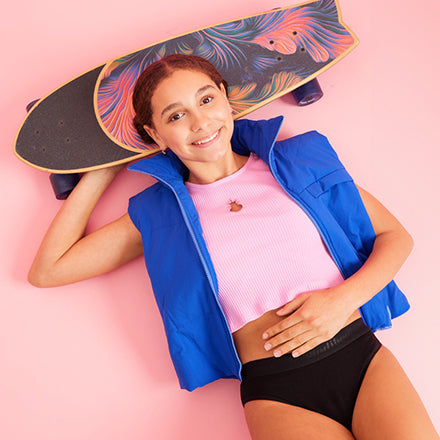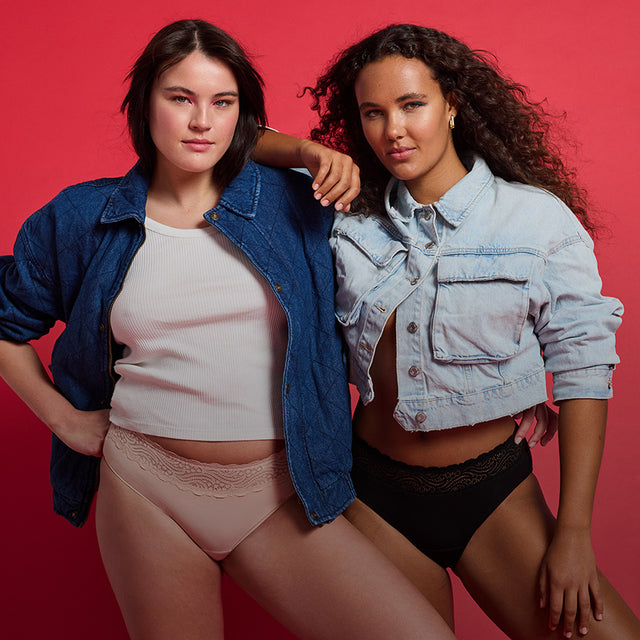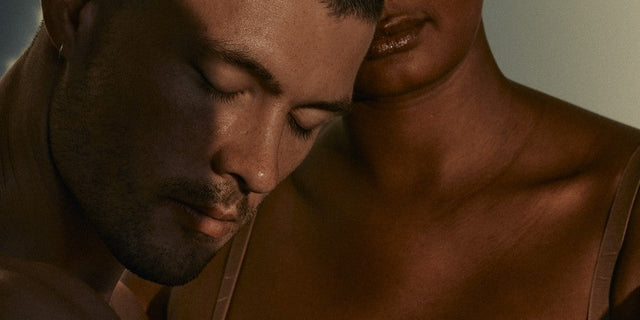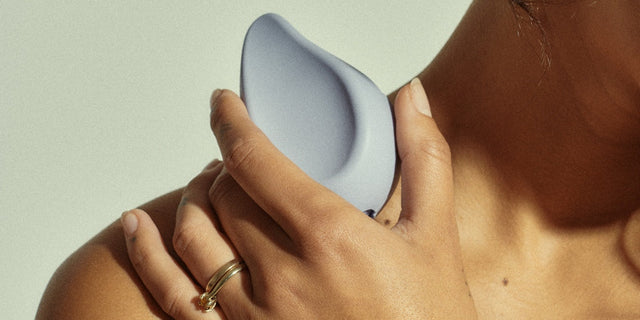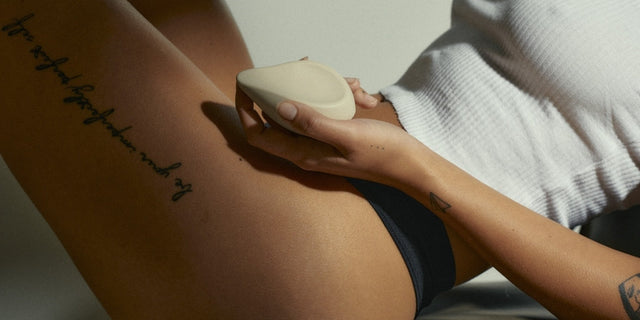New year, new sustainable you. We all know resolutions are hard to uphold, but when it's about changing the world, it's a promise worth keeping. This year, our commitments to being even more sustainable and helping you be sustainable too, is our number one priority.
This January we’ll be introducing activists from around the world that inspire us to do better and learn about their journeys campaigning for a better planet.
Alice Forrest is a marine biologist and wildlife guide, with a passion for the natural world and the creatures who inhabit it. As a researcher but also a Divemaster & freediver, she’s a firm believer in the need to communicate the science as well as the intrinsic value of the ocean and what’s beneath the surface.

Why I Wear Modibodi for the Oceans.
6 years ago, I got a dream job: spending 3 months on one of the most remote islands in the world, a tropical paradise in the middle of the Pacific Ocean. Maybe months offline surrounded by coconuts is not everyone’s idea of bliss, but as a marine biologist this was literally paradise. Until we arrived on the eastern beach of the island.
This tiny dot in the South Pacific, hundreds of kilometres from any cities, had more trash than any beach I’d ever seen. It turned out we’d found the most plastic polluted beach in the world, with several thousand pieces washing up every day and about 18 tonnes of plastic on its shores. It came from all around the world, and included everything from toothbrushes to tampon applicators, fishing nets to flip flops.
Plastic is an incredible product – it’s strong, durable, lightweight. All characteristics that mean when it ends up in our environment, it’s a serious threat. It never really goes “away” – a small percentage is recycled, some of it ends up in the ocean, and the majority ends up buried in landfill. Once in landfill, it can leach chemicals into the soil & groundwater.
Around 8 million metric tons of plastic ends up in the oceans every year. It fragments into smaller and smaller pieces which are eaten by everything from corals to deep sea microorganisms to whales. It can even become "nano" sized (so tiny it can move between cells and into the bloodstream). Microplastics introduce harmful pollutants into the food chain, can damage cells, and even enter human placentas. We're just starting to understand the huge impacts these microplastics can have on the health of the ocean, and ourselves.
It’s scary stuff. Especially when you think about the numbers – as women we use between five and fifteen thousand pads and tampons in our lifetime (often packaged in plastic). No matter where they end up, they’ll outlive the woman who uses them by hundreds of years.
Ultimately this is a design issue - making things we use briefly, out of a material which can last forever. The plastics industry has done a great job convincing us that we need single-use items in our lives, but the reality is that there are so many awesome alternatives. As women, we have an amazing opportunity to make small changes that will benefit our health and ensure we aren’t leaving behind a legacy of waste.
Since working on the plastic-filled Henderson Island, I’ve been lucky enough to work in many other remote locations, from Antarctica to the Canadian Arctic. Unfortunately nowhere is far enough away from our plastic waste. There are microplastics frozen into Arctic sea ice, and plastic fibres floating past penguins in Antarctica. This is probably not my trash, and ultimately it should be the responsibility of businesses to clean up the waste they’re producing. But I still want to be part of the solution.
So, I choose reusable, to make myself feel a bit better about the state of the ocean (doing something is the best antidote to despair) and because I really love these wild places & don’t want to support businesses and products that are causing them harm. That’s why I use Modibodi, why I’m writing this blog, and why I hope you’ll read this and think about the places you love, and let that inform your decisions.

If you want to hear more from Alice head to her website where you'll also find her book 'Microplastics Massive Problem' - a free book that answers everything you ever wanted to know about microplastics and, most importantly, what you can do to be part of the solution.





